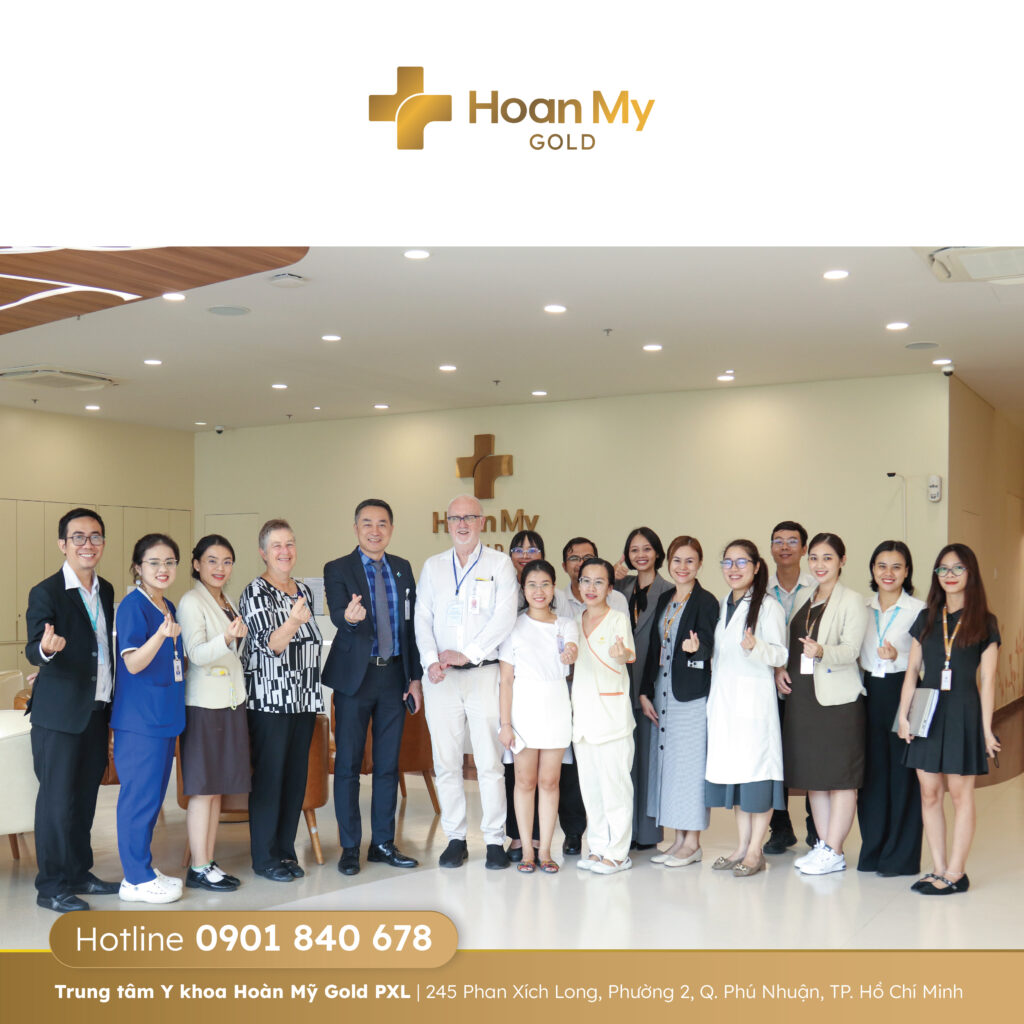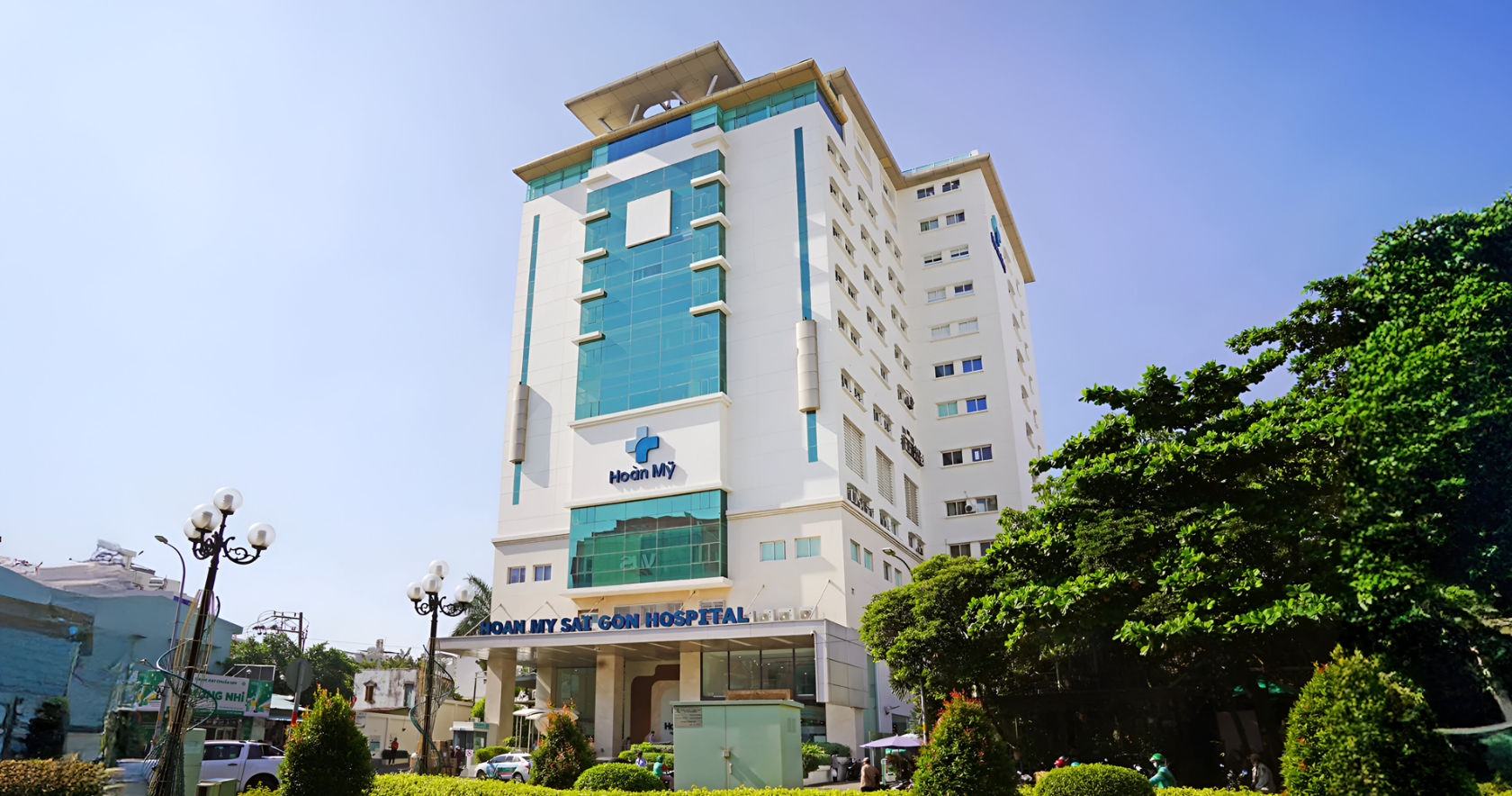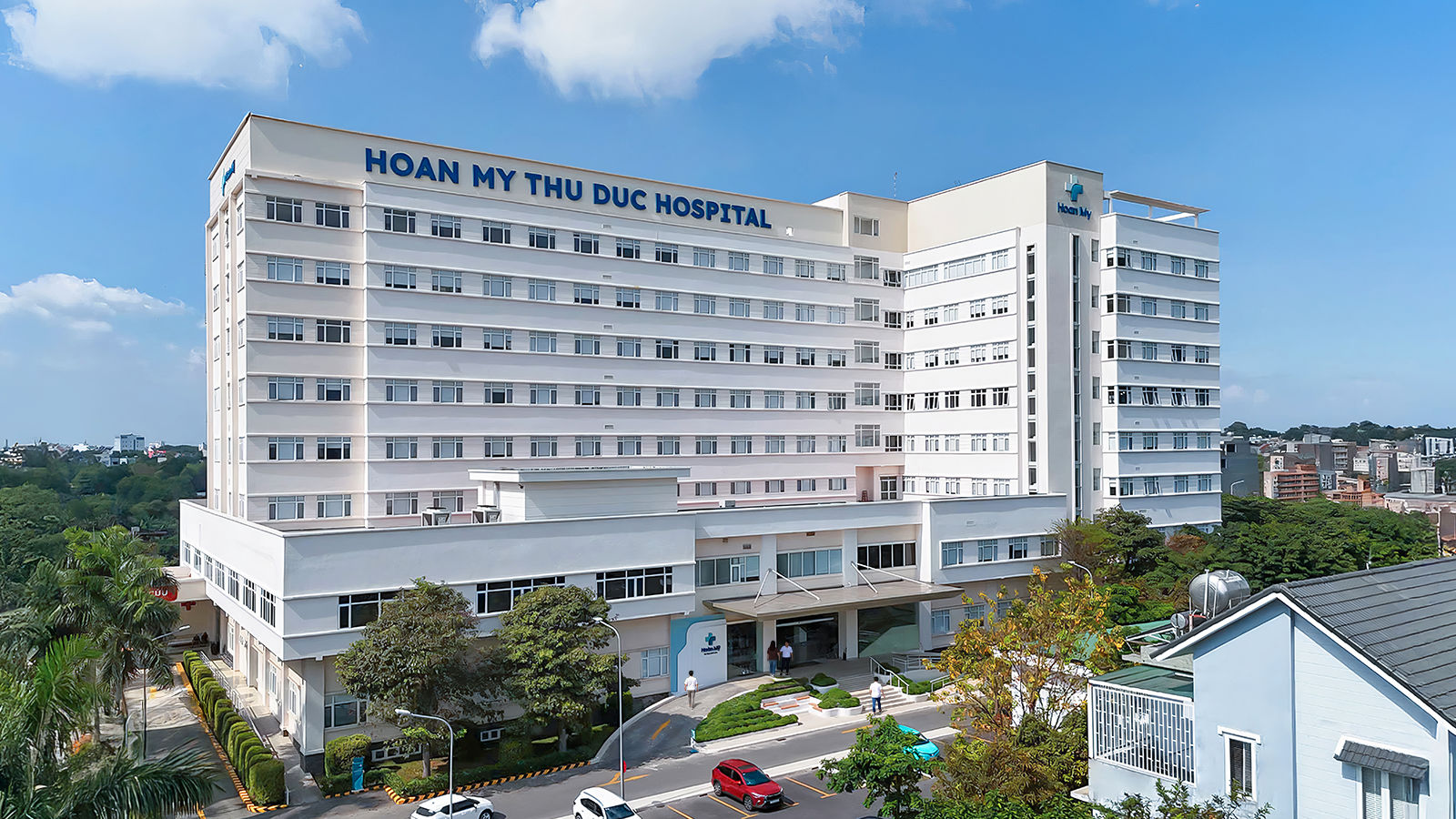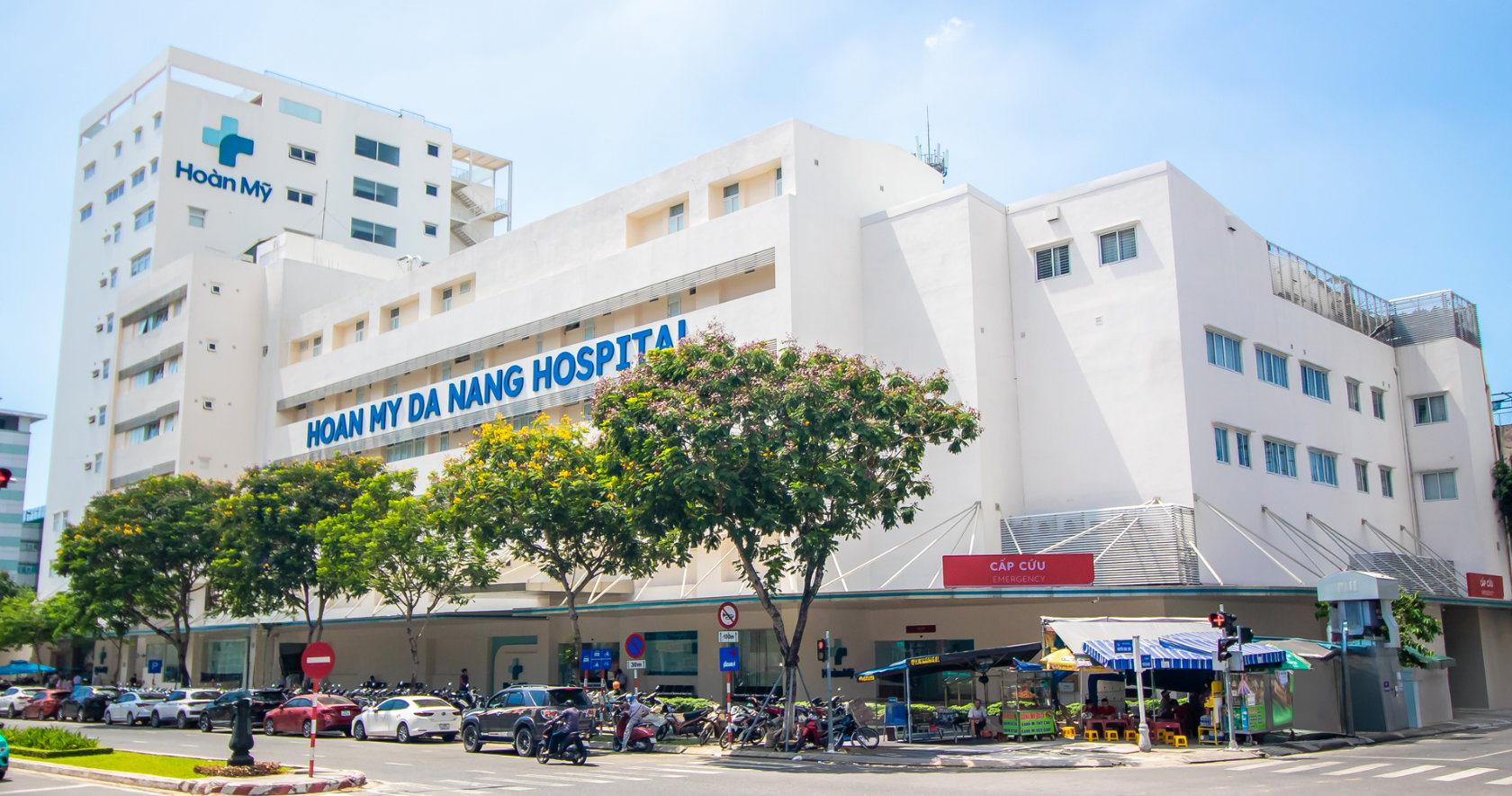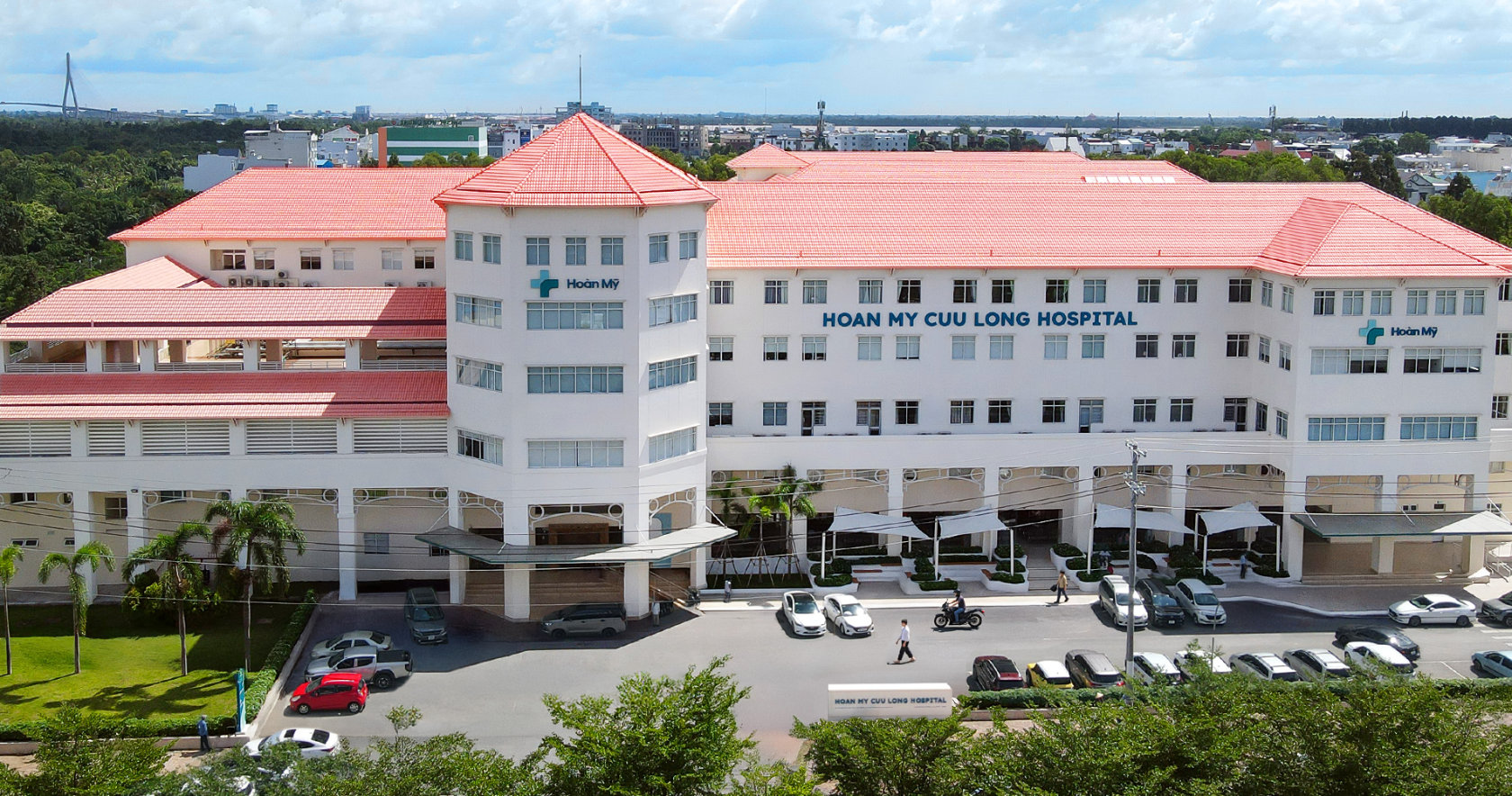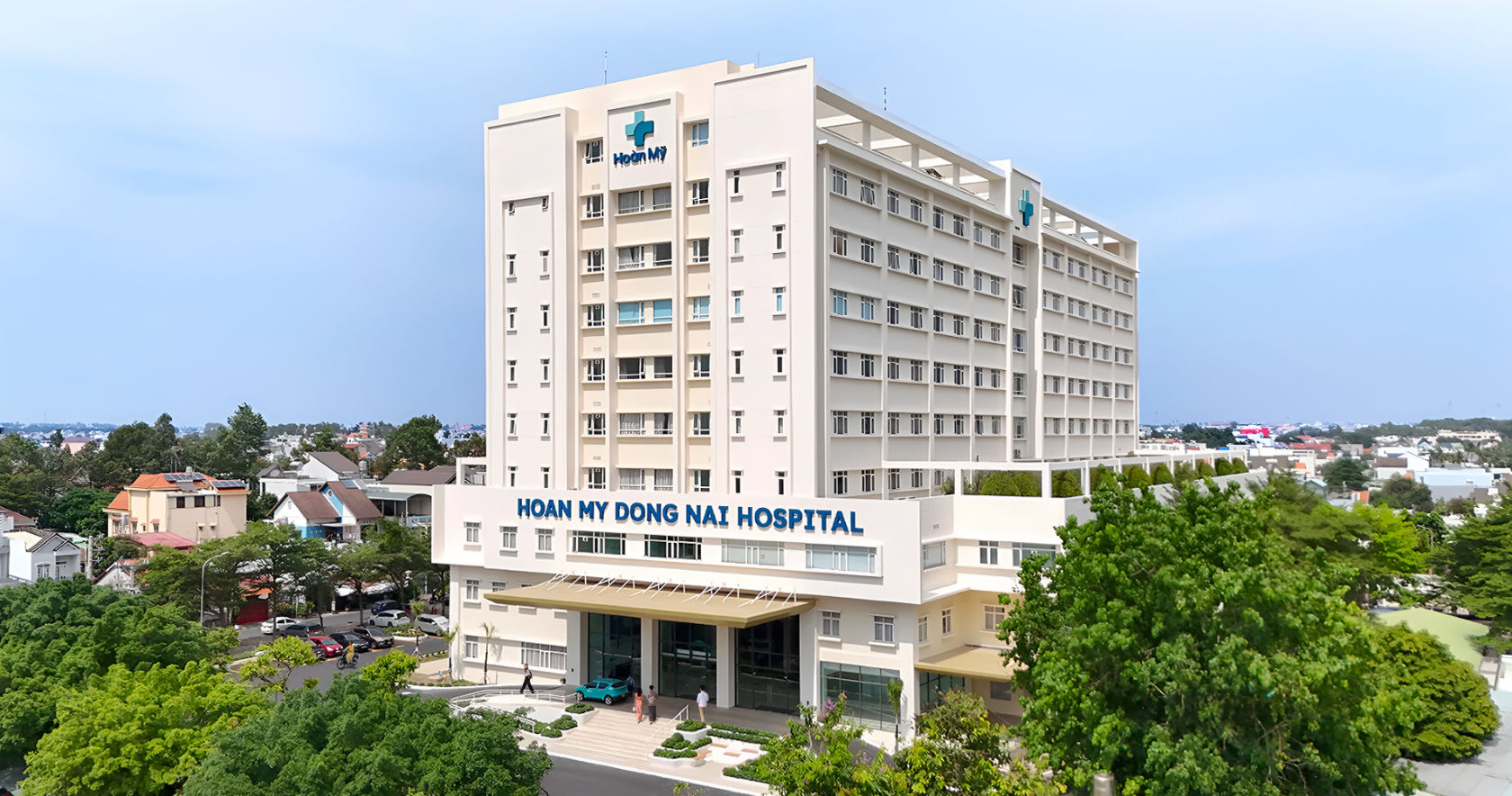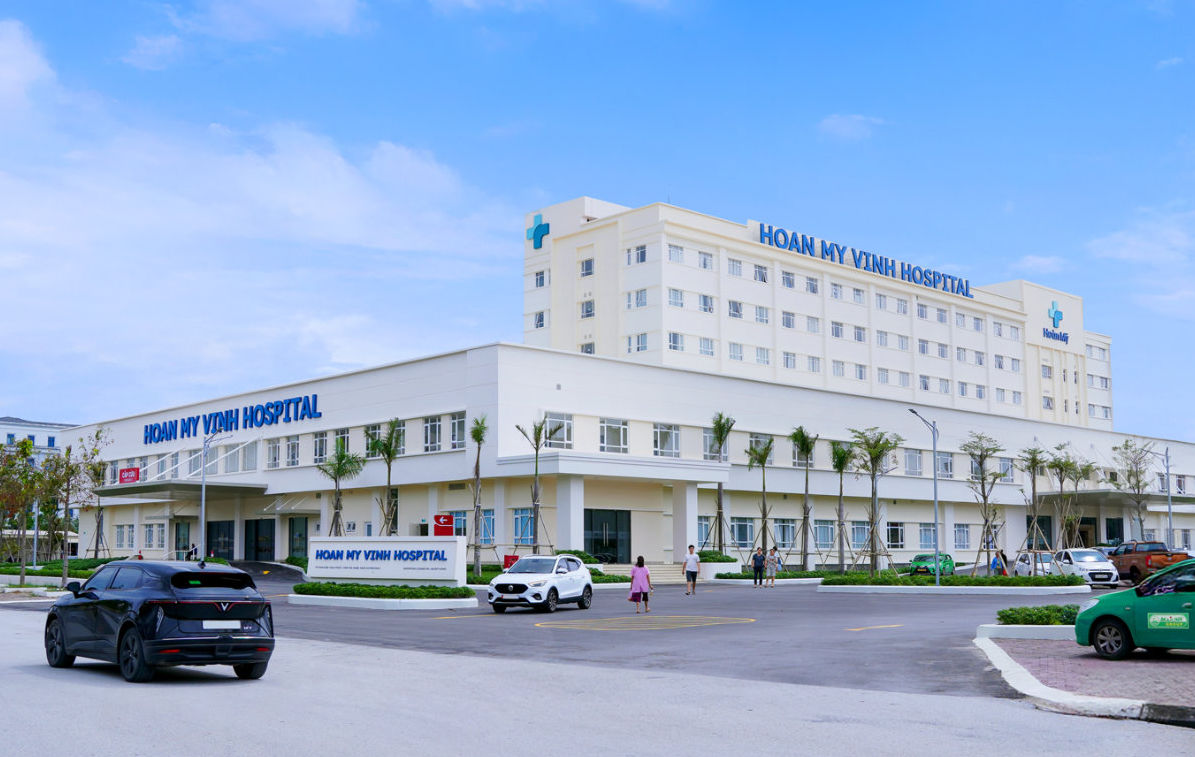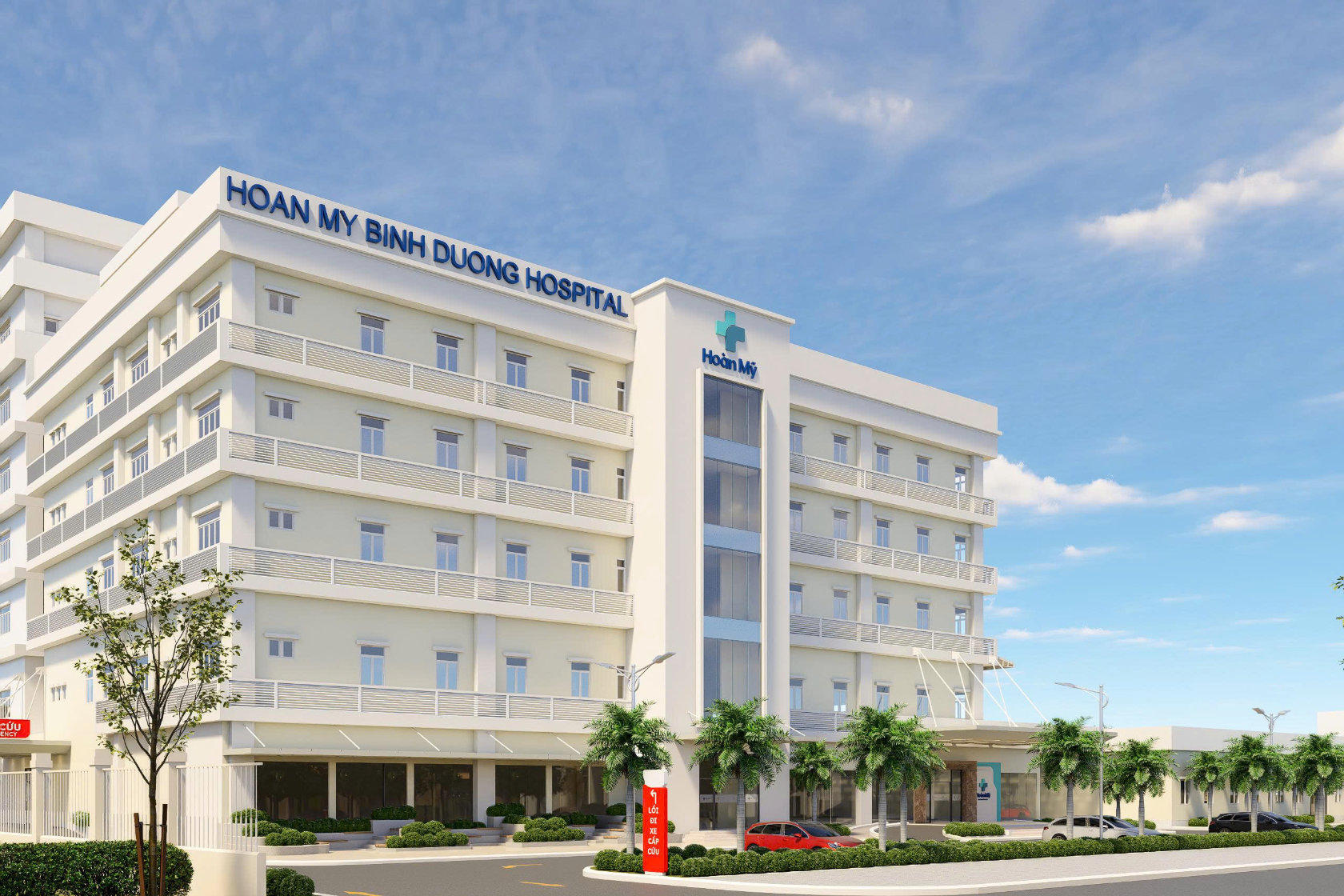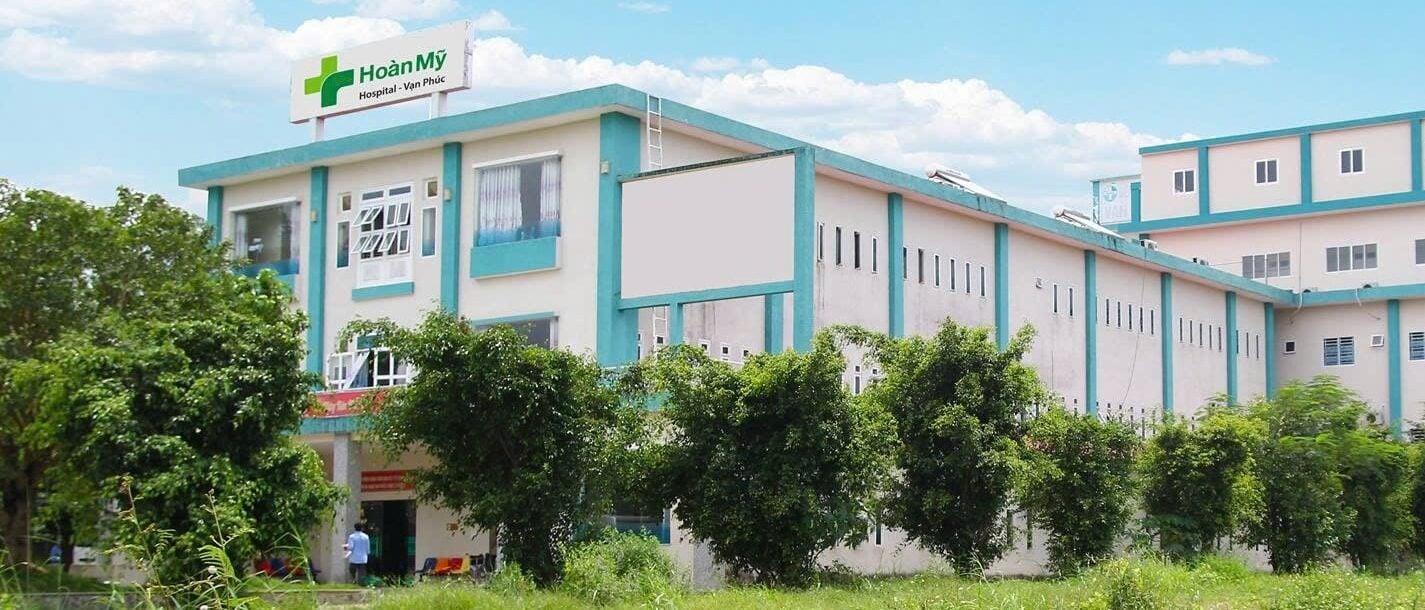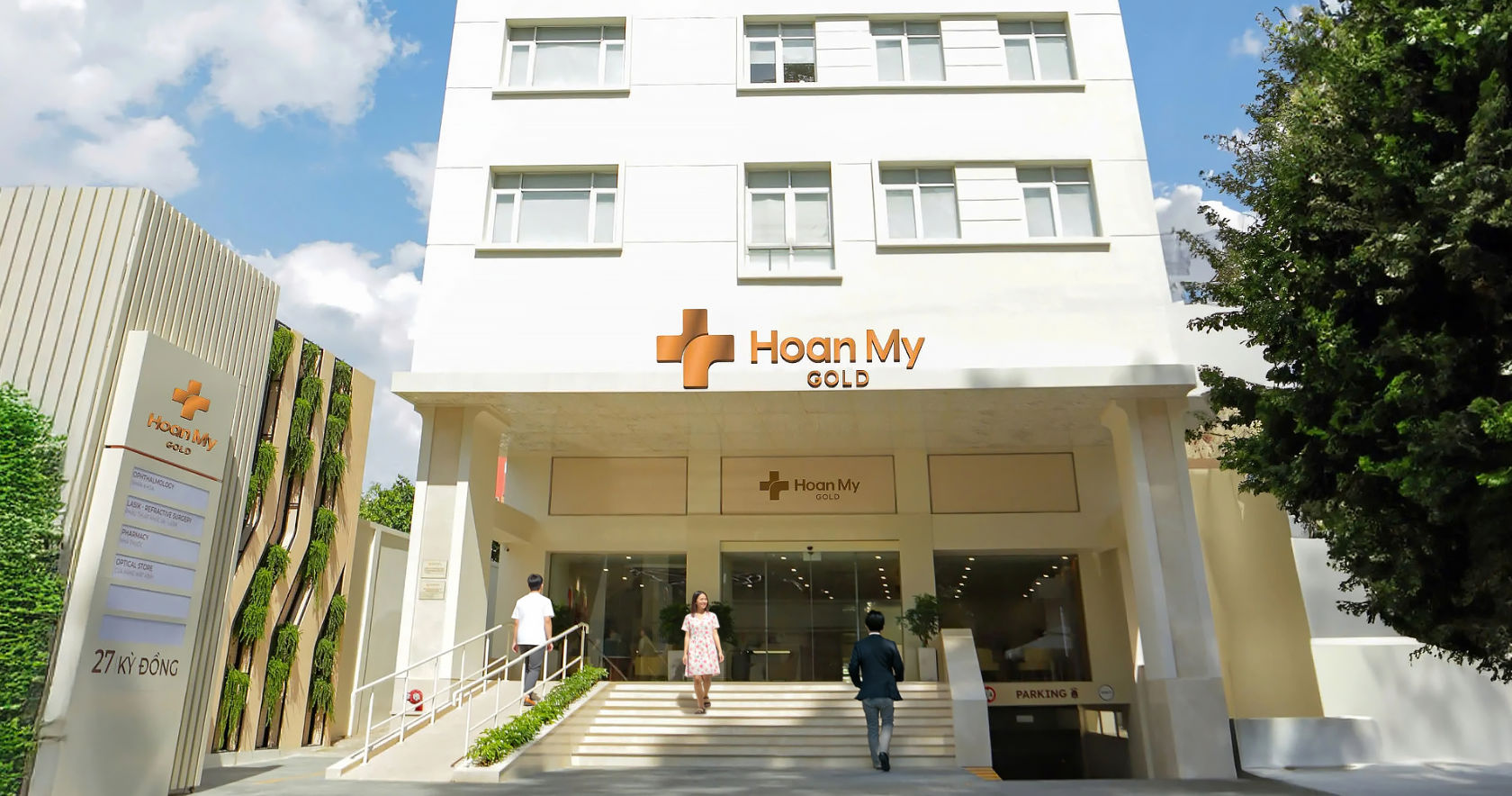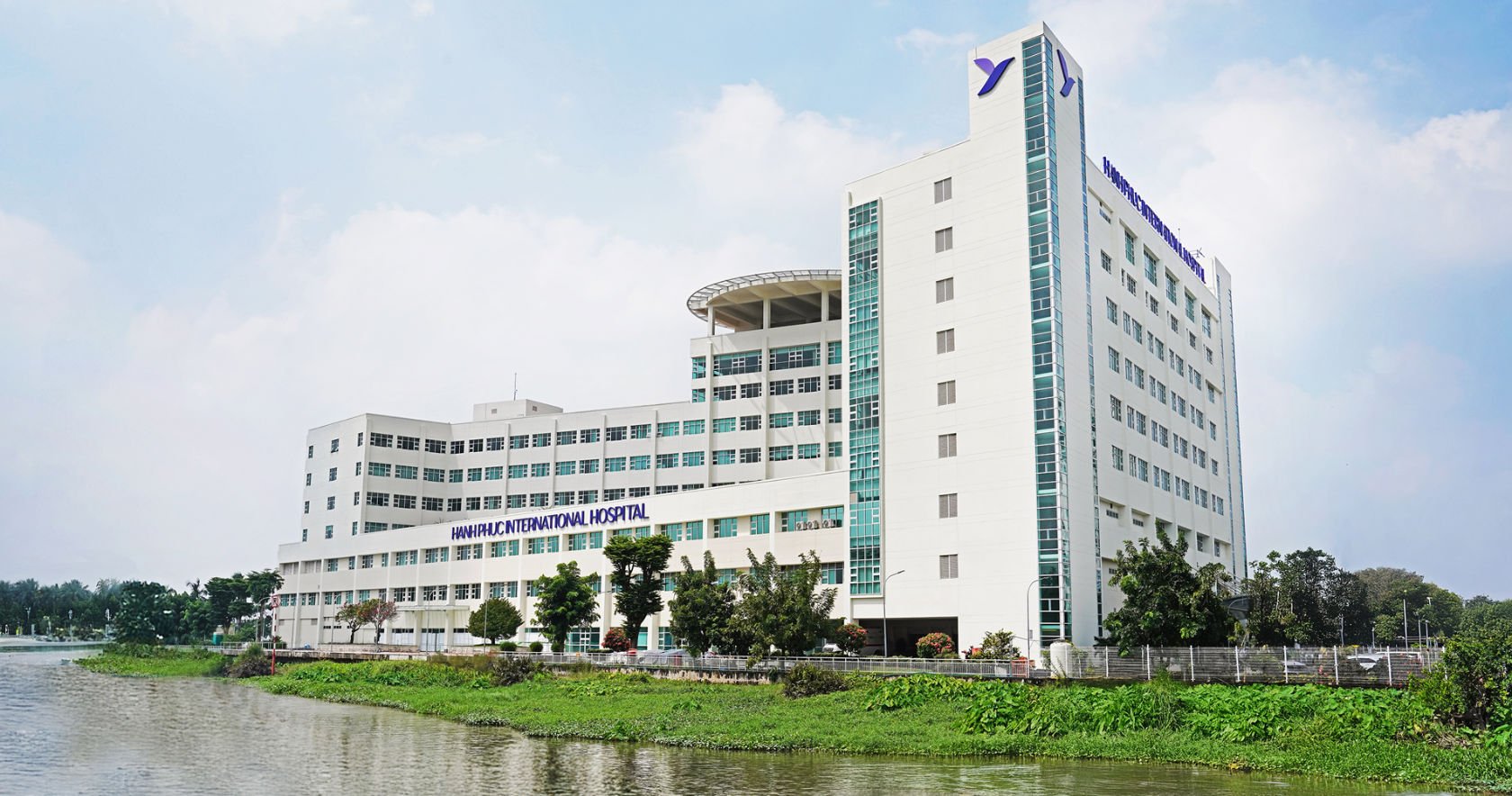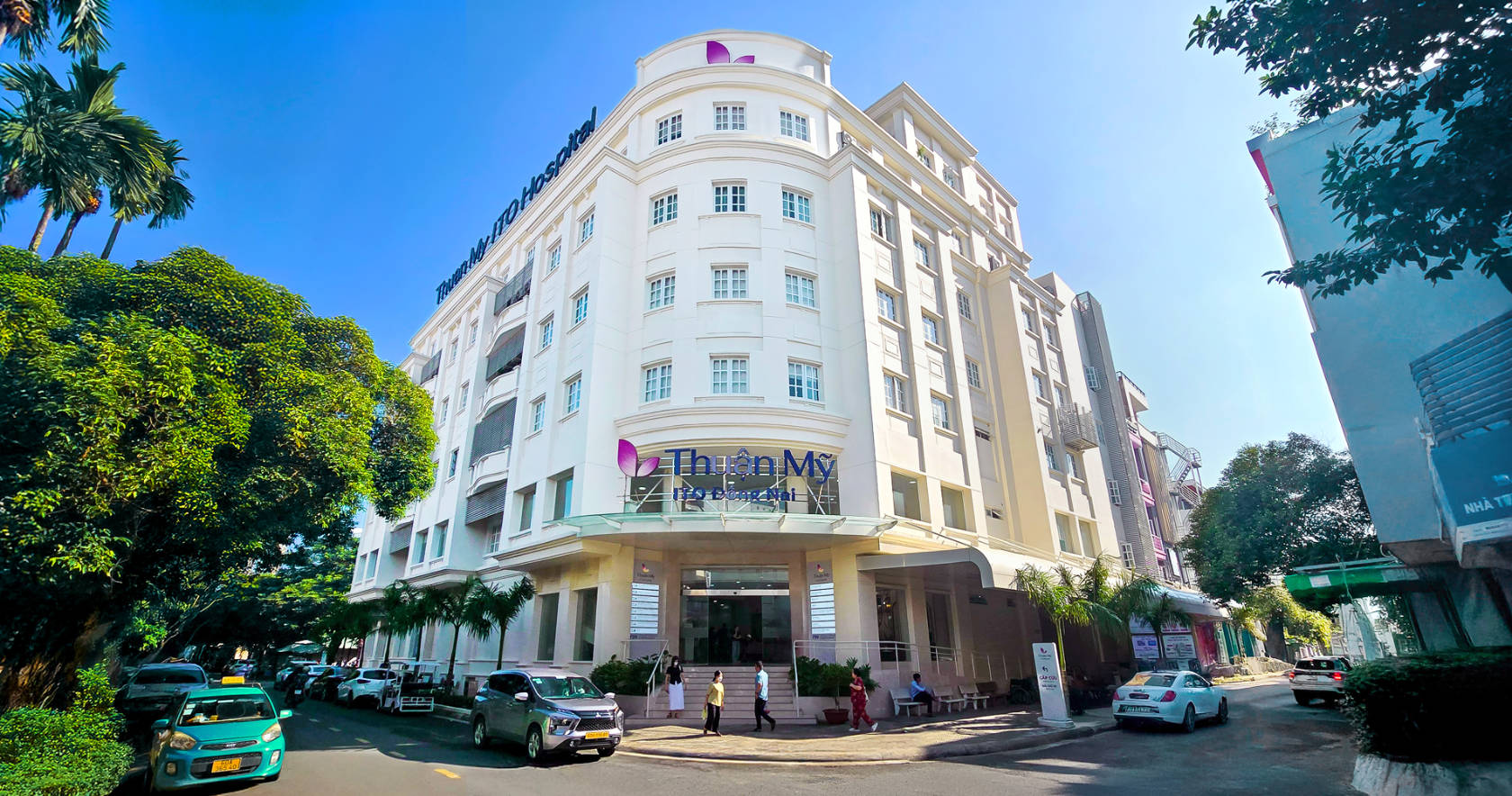Gastroesophageal Reflux Disease (GERD): Causes and Treatment
Nội dung bài viết
What is Gastroesophageal Reflux Disease?
Gastroesophageal reflux disease (GERD) occurs when stomach acid and digestive fluids flow back into the esophagus due to poor functioning of the lower esophageal sphincter (LES). This condition irritates the esophageal lining, leading to uncomfortable symptoms such as heartburn and chest pain. If left untreated, GERD can result in complications such as esophagitis, Barrett’s esophagus, and an increased risk of esophageal cancer.
Book a check-up appointment via the link.
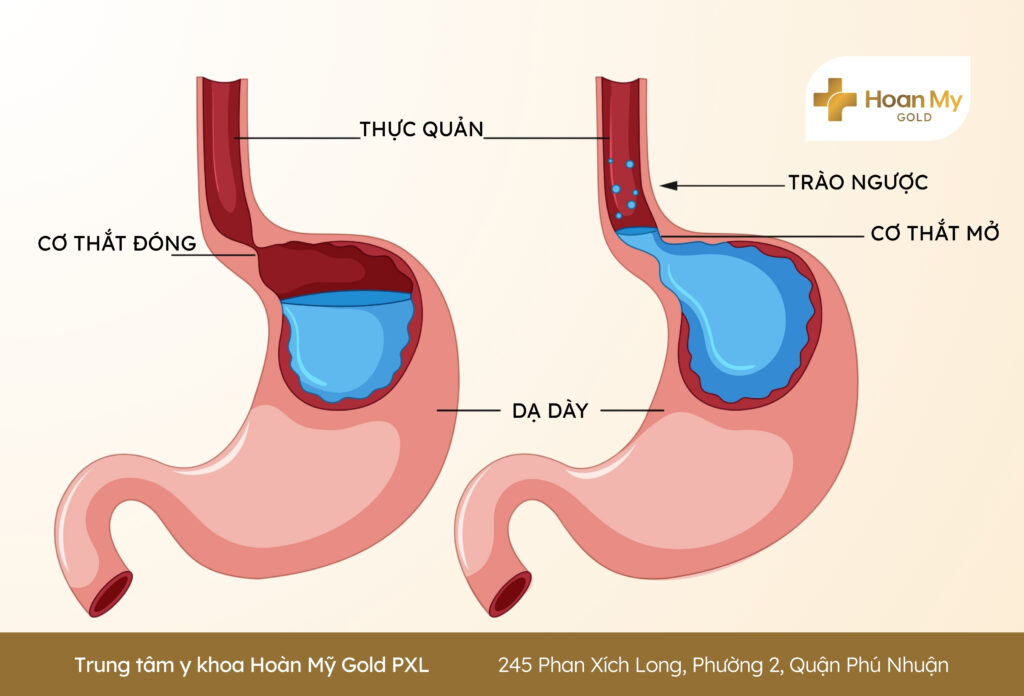
Causes of GERD
- Weak or relaxed LES: Often caused by long-term use of tobacco, coffee, alcohol, or certain medications for high blood pressure and coronary artery disease.
- Hiatal hernia: A disruption in the junction between the stomach and the esophagus.
- Increased abdominal pressure: Seen in cases like pregnancy, obesity, or overeating.
- Unhealthy eating and lifestyle habits such as overeating, lying down immediately after meals, or prolonged stress.
- Surgical-related gastrointestinal issues: Conditions like pyloric stenosis, duodenal tumors, or ampullary tumors can also cause reflux.
Early Symptoms of GERD
The hallmark symptom of GERD is heartburn. Other symptoms, which may be confused with other conditions, include:
- Nausea and vomiting;
- Difficulty swallowing;
- Chest pain;
- Persistent cough;
- Bad breath;
- Sore throat or a burning sensation in the throat.
Some individuals may not exhibit clear symptoms and are only diagnosed through endoscopy or once complications have arisen.
Treatment and Prevention
- Dietary adjustments: Avoid foods that easily trigger reflux, such as fatty, spicy dishes, alcohol, and caffeine.
- Lifestyle changes: Avoid lying down right after meals.
- Medication: Take prescribed medications under medical supervision.
- Stress management: Get adequate sleep and exercise regularly.
Why You Should Get an Endoscopy When Experiencing Reflux Symptoms
Gastrointestinal endoscopy is one of the most effective and safest methods to accurately diagnose the causes of GERD. It allows doctors to detect early esophageal mucosal damage such as ulcers, polyps, or hidden tumors.
Endoscopy also helps monitor disease progression, assess inflammation severity, and detect complications like Barrett’s esophagus a precancerous condition requiring early intervention. With advanced techniques like painless sedation endoscopy, patients can undergo the procedure comfortably and safely.
Advantages of Medical Examination and Endoscopy at Hoan My Gold PXL
At Hoan My Gold PXL Medical Center, the Gastrointestinal Endoscopy Unit is dedicated to delivering comprehensive solutions with outstanding advantages:
- Highly qualified and experienced medical professionals;
- Painless endoscopy using safe sedation techniques;
- Personalized treatment plans tailored to each patient.
GERD is a common but manageable condition when diagnosed early and treated appropriately. Since its symptoms may mimic other health issues, it’s best to consult a gastroenterologist for an accurate diagnosis. If your symptoms are mild and occasional, you may manage them at home with prescribed medications, a healthy diet, and a balanced lifestyle. However, if you experience frequent vomiting, chest pain, bloody vomit, difficulty breathing, or swallowing seek medical attention promptly to avoid dangerous complications.
Book your consultation at Hoan My Gold PXL to receive expert care and treatment from our specialized gastroenterology team.
This article has been medically reviewed by Dr. Phan Tan Huan, General Surgery and Gastrointestinal Endoscopy Specialist, Hoan My Gold PXL Medical Center.
For consultation or to schedule an appointment, please contact Hoan My Gold PXL hotline: 0901 840 678 or book an appointment at link.
Chia sẻ






